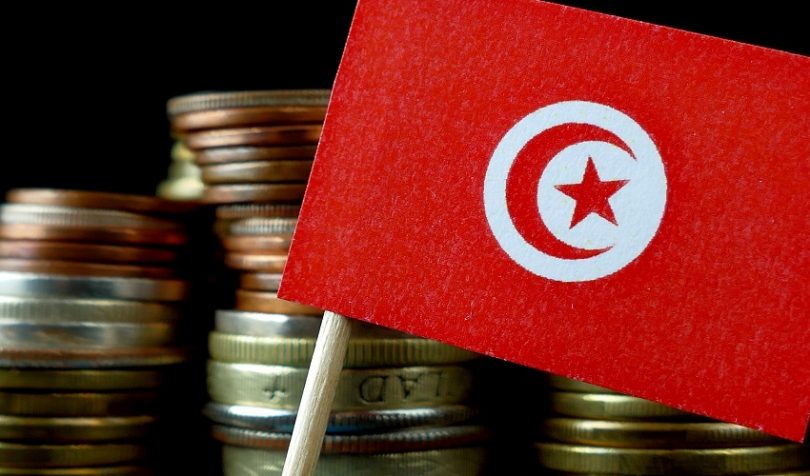Today, the TASS news agency reported that the Central Bank of Tunisia is to be the first to release a digital currency. The ‘E-dinar’ was officially launched in test form at the Forex Club of Tunisia, with a symbolic transfer of one dinar between the head of the central bank, Marouane El Abassi, and a representative of the International Monetary Fund (IMF).
Update: Ledger Insights contacted the bank on the date of publication by phone and email but received no definitive response. Four days after publication, the Central Bank of Tunisia refuted that the e-dinar was an official test launch and stated that a Central Bank Digital Currency was only at the consideration stage. Technology partner Universa, also responded to the news.
First live CBDC?
The tech provider and underlying blockchain platform, Russia-based Universa, claims that this means Tunisia is the first country to issue a central bank digital currency (CBDC). Indeed, it is the first to announce that some of its capital has been converted to electronic form. In contrast, the Venezuelan Petro is considered by many as a cryptocurrency.
E-dinars are now available to transfer between citizens, with shops, cafes, and restaurants slated to accept the currency in several months. The central bank plans also to use it in cross-border payments, circumventing the need for US dollars.
The CBDC will be issued to consumers online and through two thousand kiosks, which will be set up in Tunisia. There, they can add funds to a digital wallet through a browser application or, in the future, a mobile app. Transfers are completed between people and businesses by scanning a QR code.
The Universa blockchain
The CEO of Universa, Alexander Borodich, is careful to make the distinction between the CBDC and cryptocurrency. His firm’s use of blockchain means that: “Electronic banknotes cannot be faked – each such banknote, like the paper version, is protected by cryptography, it, like the paper counterpart, has its own digital watermarks. And the production of such a banknote is 100 times cheaper than wasting ink, paper, electricity for the printing press.”
Universa started work on the E-dinar blockchain platform around a year ago. While the firm receives a percentage of each transaction on the system, it does not have access to any encryption keys or permission to see records. It further protects Tunisia’s sovereignty by working through the Universa Hub Africa company.
The firm claims that this separates it from SWIFT, which can switch off its payment protocol for individual nations and effectively disconnect them from the payment sphere. Instead, the central bank is the only body to oversee the system.
Perhaps the first, but not the last
According to Chipin, today’s Forex Club presentation was also attended by PwC, Chief Digital Advisor of the IMF, Hervé Tourpe, Executive Board Member of Amen Bank, Néji Ghandri, and Moroccan, Algerian, and Mauritanian officials. These fellow Maghreb countries can join the project in the future for international payments.
Universa claims Tunisia could soon be followed by Malaysia, the Philippines, Argentina, Brazil, and China in CBDC issuance. Indeed, a Chinese foreign exchange official, and many others, thought his country would be the first. Plus Singapore, Thailand, and Canada have made strides in digital currency research.
Though a smaller economy, and perhaps a good testing ground for a CBDC, Tunisia appears to have beaten everyone in the issuance ‘horse race’.







